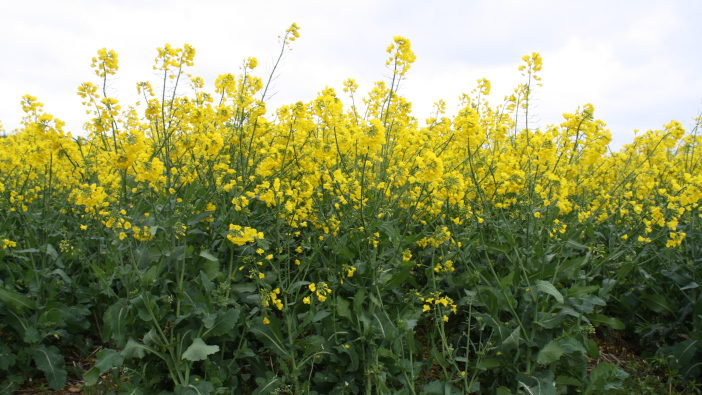The bio-technology business, Microgenetics, has created the simple and rapid SwiftDetect test for light leaf spot, which could prevent oilseed rape yield losses of up to 30%. The test will be available from September 12 of this year.
“SwiftDetect will provide farmers with the means to identify the golden window of opportunity when fungicides will be at their most effective,” said Microgenetic’s Chris Steele.
“As SwiftDetect can detect light leaf spot before symptoms are visible, it will optimise fungicide efficacy, delay costly fungicide applications in low detection fields, and target applications to specific fields with high and early pathogen detection. This can potentially reduce overall cost and minimise crop protection use.”
During the extensive trialling of SwiftDetect, conducted with SRUC in Scotland and the AD4PT Group in Nottinghamshire, it became apparent that using SwiftDetect to identify when disease is present, is just as valuable as using it to detect when it is.
Andrew Hartley, arable technical manager for DSV United Kingdom, said: “Many farmers, myself included, have been guilty of spraying crops on a predetermined particular calendar date, with sometimes little knowledge of whether or not disease is in the plant.”
“If you have information that definitely tells you there’s no disease, then the likelihood is you wouldn’t spray for that disease, which would save you time and money, and would be better for the environment.”
Mr Hartley also added that, in the future, farmers may have to justify their fungicide applications to the government. So, “one day, it’s likely that conducting these tests will become part of general farming practice.”
SwiftDetect could also be used to more accurately assess OSR variety disease resistance, Mr Steele believes, and it is already being adapted to test for other crop diseases; trials are already underway for Phoma, which will be the second test for OSR.


